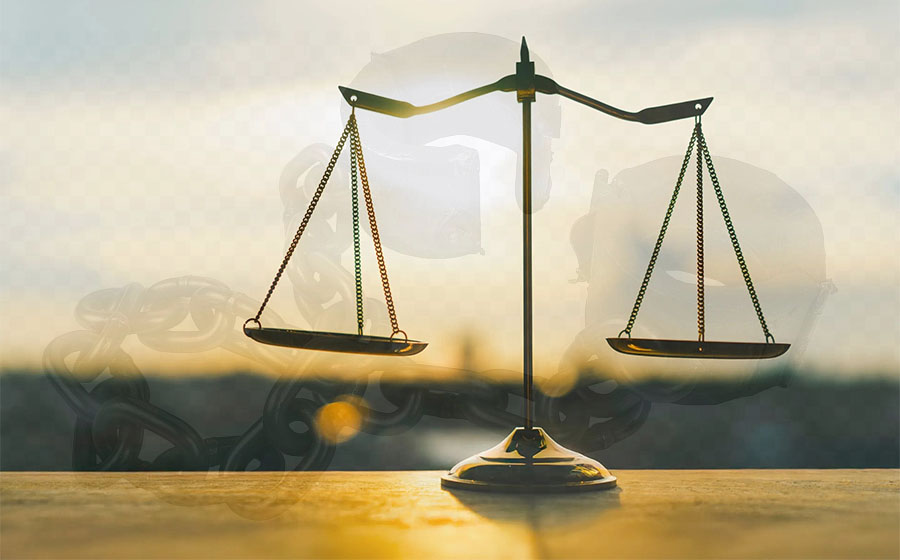
On the Consequences of the 4Ds
Yousif Abdallah
Did the December Revolution in Sudan bring about miracles like the staff of Moses? No, that was just a wish, and now its a distant dream. Less than two years into its existence, the revolution ended in a military coup and then a full-scale war that left thousands of victims in a thousand scenarios.
To this day, the military establishment and those carrying weapons still have different and contradictory visions for shaping the countrys reality. Their primary vision is how to engineer reality to enable them to escape punishment and forget the crimes they committed against the people.
In reality, political life in the country is immersed in multiple forms of impunity, which are well-known and popular, and are known in short as the 4Ds: Delay, Denial, Dilute, and Deceive.
In addition, mechanisms for impunity can include legal immunity, reliance on the weakness of the judicial system, inefficient investigations, and the lack of political will to hold officials accountable.
In the Sudanese context, the mass media and the internet continue to broadcast, with complete complicity, what could influence the course of events, by misleading the public and distorting facts to conceal the numerous crimes and violations currently occurring or that have occurred in the past, as happened in the massacre of the peaceful sit-in at the General Command in Khartoum, as well as the subsequent crimes that accompanied the current war that has been raging since mid-April 2023.
But what are the means of impunity that we must always work to avoid?
First, the process of forming investigative committees is one of the methods used by dictatorial governments to delay the attainment of truth and justice; we must monitor this closely. Indeed, many massacres and violations have occurred in Sudan. Conversely, numerous investigative committees have been formed, but they have not identified the real perpetrators or accused. This occurs despite the presence of witnesses, evidence, and documents. It is likely that investigative committees are usually formed to appease public opinion and ultimately obscure the truth.
Second, denial is a mechanism that delays access to justice, such as the denials conveyed by statements from officials or forces accused of committing the crime, as is happening now. For example, there is an anonymous third party being blamed. Of course, you can find many examples drawn from real life.
Third, misinformation: After the dispersal of the sit-in, for example, official statements stated that the sole purpose was to clear the Columbia area overlooking the Nile of some of the unruly activities to preserve the integrity of the sit-in. In reality, the intent was to mislead public opinion about the actions of the joint forces that carried out the dispersal of the General Command sit-in. Examples can also be found in the current war.
Fourth, downplaying: Dictatorial governments always treat the actions they take as minor and insignificant, in an attempt to downplay the significance of serious events, no matter how obvious.

